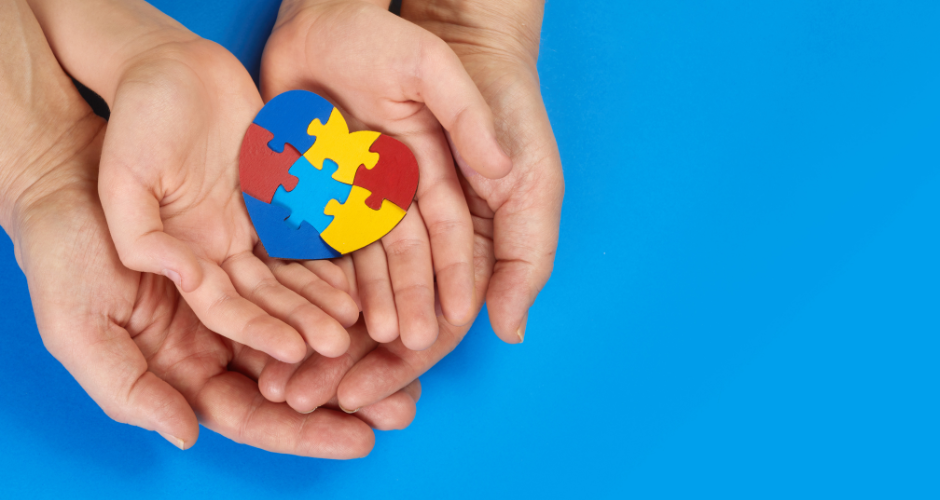Difficulties in social situations and with communication. Repetitive behaviors and interests. Different ways of learning, moving or paying attention. All of these are aspects of autism spectrum disorder (ASD), a developmental disability that is caused by differences in the brain.
It’s called a “spectrum” because the characteristics can vary widely. Some people may be nonverbal, and others will have advanced conversation skills, for example. While some need help with activities of daily living, others can work and live independently or with little support.
ASD is more common than you might think.
ASD affects all ethnic and socioeconomic groups. The condition begins before age 3 and some children show symptoms within the first 12 months of life. ASD can last throughout a person’s life, though symptoms may improve.
- One in 44 children are diagnosed with autism spectrum disorder, according to the Centers for Disease Control and Prevention.
- An estimated 707,000 to 1,116,000 teens with autism will enter adulthood over the next decade, according to Autism Speaks.
ASD is varied and affects people differently.
Every person with ASD is affected differently. This condition can affect social communication and interaction skills. It can also cause people to have repetitive behaviors. Some signs and symptoms identified by the Centers for Disease Control include:
- Avoids or does not keep eye contact
- Repeats words or phrases over and over
- Has obsessive interests
- Must follow certain routines
- Delayed language and/or movement skills
- Flaps hands, rocks body or spins self in circles
Behaviors like hand flapping and body rocking are called stimming. This is considered a tool for emotional self-regulation. It’s also done to help block out excessive sensory input or conversely to provide necessary stimulation. It can also help distract someone with ASD from physical discomfort.
ASD does not have a clear cause.
Scientists believe ASD can be caused by a variety of factors, including environmental, biological and genetic factors. Most scientists agree that the following risk factors will increase the probability that a child may develop autism:
- Having certain genetic or chromosomal conditions
- Having a sibling with autism spectrum disorder
- Experiencing complications at birth
- Being born to older parents
People with ASD are people first.
You can’t put people with autism all in one category. When you understand more about ASD, you can be more accepting of people with differences. If you’re interacting with someone on the autism spectrum, there’s a lot you can do to make the experience positive for both of you. Some suggestions from the National Autistic Society include:
- Always use their name so that they know you are talking to them.
- Use their hobbies and interests, or the activity they are currently doing, to engage them.
- Say less and say it slowly.
- Avoid open-ended questions.
- Ask only the most necessary questions and keep them short.
- Be aware of the environment (noisy/crowded) that you are in. Sensory differences may be affecting how much someone can process.
What’s most important is to be both patient and kind. Remember that the person with ASD is a person first. Don’t speak to a caregiver rather than the person with autism, but do ask a caregiver for help if needed.





